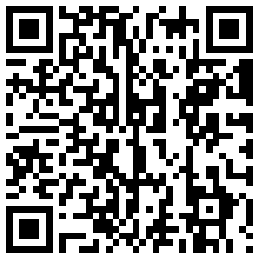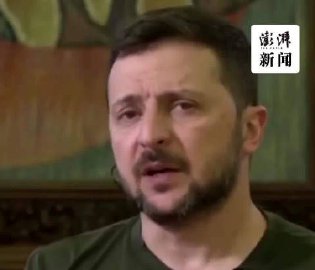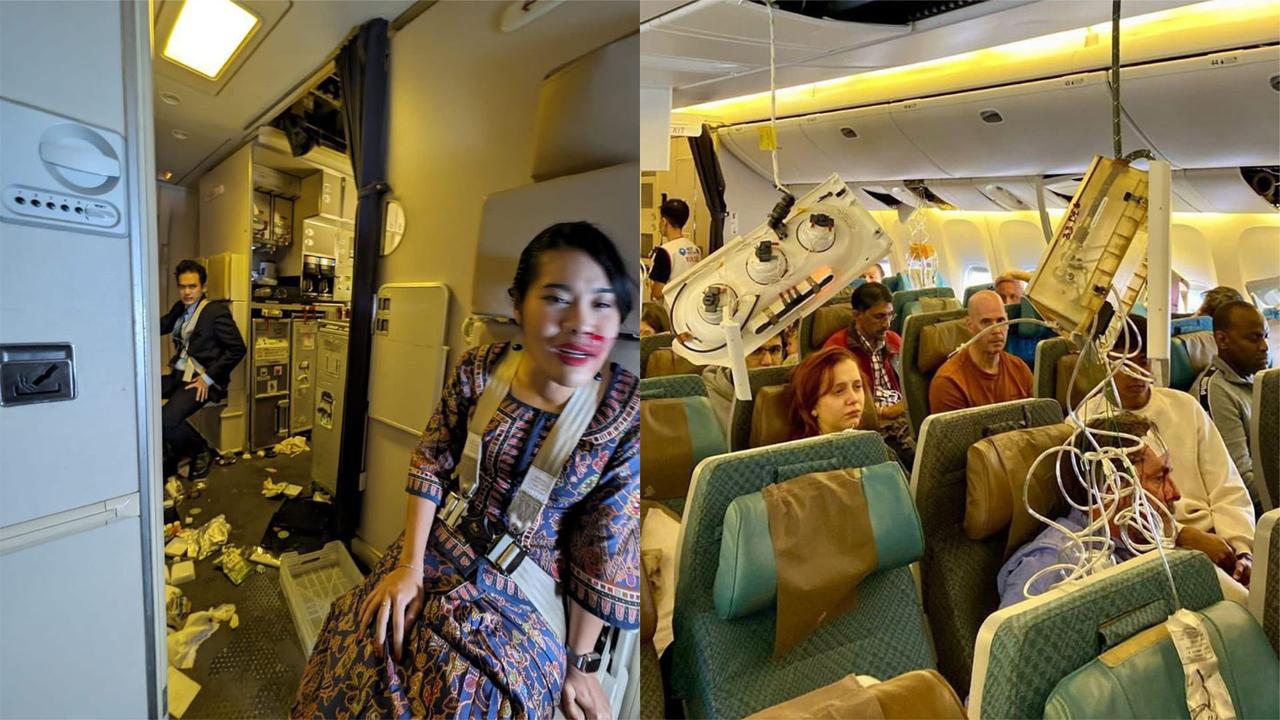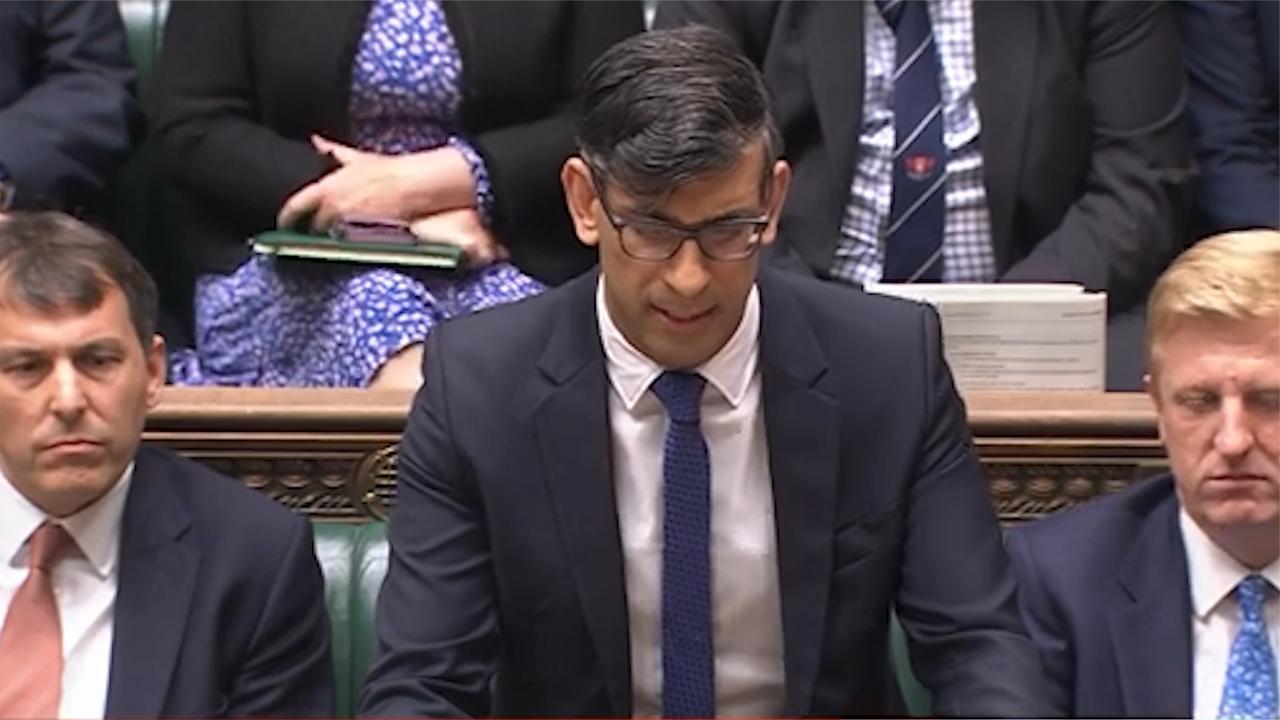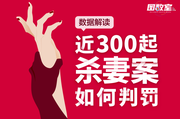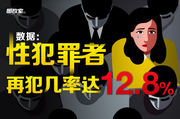[Feng Yaren, Special correspondent of the Global Times in the United States, Ding Yazhi, reporter of the Global Times] On the 21st, US Finance Minister Yellen and Secretary of State Blinken successively made their voices to draw the EU together to deal with China. At the same time, the position of the EU is "complicated", saying that it will take "different approaches". In this regard, experts interviewed by the Global Times on the 22nd believed that the United States took extreme measures in its competition with China, while Europe paid more attention to practical interests and cost considerations.
On the 21st, Blinken claimed at the hearing of the Foreign Relations Committee of the US Senate that "China is pursuing military, economic and geopolitical advantages and challenging our vision of a free, open, secure and prosperous international order". According to the South China Morning Post in Hong Kong, Blinken also announced that the United States would continue to sanction Chinese entities identified as providing military and civilian products to Russia, and "is working hard to coordinate our efforts with Europe and other partners".
The US Treasury Secretary is also drawing the EU together to deal with China. According to the New York Times, on the same day, Yellen, who received an honorary doctorate at the Frankfurt School of Finance and Management in Germany, said that the United States and Europe need to work together to combat "overcapacity" in China's industry, "China's industrial policies may seem far away to us sitting in this room, but if we do not respond strategically and coherently, enterprises on both sides and around the world will face survival risks".
However, according to the South China Morning Post, the President of the European Commission Von Delain made a complex response to Yellen's remarks, claiming to take "different approaches". "We share some common concerns with the allies, but we have different methods, more targeted methods". In response, Wang Wenbin, spokesman of the Ministry of Foreign Affairs of China, said on the 22nd that China and the EU should resolve specific economic and trade issues through dialogue and consultation. We have noted the relevant statements of the European side and hope that the European side will abide by its commitment to support free trade and oppose protectionism, and work with China to safeguard the overall situation of China EU economic and trade cooperation.
Cui Hongjian, director of the European Union and Regional Development Research Center of Beijing Foreign Studies University, told the Global Times on the 22nd that the United States is trying to attract Europe to jointly exert pressure on China, forming containment and wider pressure on China through the alliance system. However, Europe has not formed a unified position on economic security and "overcapacity" issues. In particular, China has close cooperation with some European countries on green energy and transformation industries. Different from the strategic competition anxiety of the United States, Europe pays more attention to protecting the market and competitiveness, rather than over imposing sanctions on China, and hopes to preserve the space for cooperation in relations with China. Von Delain's statement also shows that although the general direction is the same, Europe will be different from the United States in specific practices.
Just a week before Yellen's remarks, the White House announced that it would significantly increase tariffs on steel and aluminum, semiconductors, electric vehicles, lithium batteries, key minerals, photovoltaic cells and other strategic products. The Office of the United States Trade Representative said on the 22nd that the United States will impose tariffs on a series of Chinese imports, and some of the measures will take effect on August 1.
On the 21st, the European Union China Chamber of Commerce issued a statement on social platform X, saying that from insiders, China may consider raising temporary tariff rates on imported vehicles equipped with large displacement engines. 'This potential move will have an impact on both European and American automakers,' the statement said.
Editor in charge: Zhu Gabe



